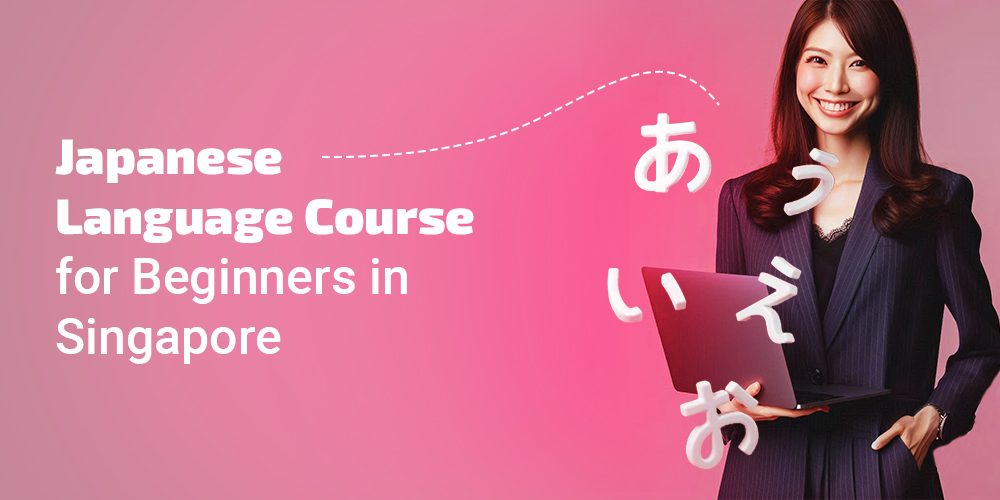Learning a new language can be a rewarding experience, opening doors to new cultures, opportunities, and personal growth. If you are in Singapore and have a fascination for Japanese culture or are planning a trip to Japan, enrolling in a Japanese Language Course for Beginners is a great start. Here’s a guide to help you find the right course and what you can expect from your journey into the Japanese language.
Why Learn Japanese?
Japanese is spoken by over 125 million people worldwide and is the gateway to understanding Japan’s rich cultural heritage, advanced technology, and unique societal norms. Whether you are interested in anime, manga, cuisine, or business opportunities, mastering Japanese will enhance your appreciation and interaction with these aspects.
Benefits of Learning Japanese in Singapore
- Cultural Enrichment: Understanding the language provides deeper insights into Japanese traditions, festivals, and social etiquette.
- Career Opportunities: Fluency in Japanese can enhance job prospects in various sectors, including tourism, international business, and translation services.
- Personal Growth: Learning a new language improves cognitive abilities, boosts memory, and builds confidence.
Where to Find Japanese Language Courses for Beginners in Singapore
- Japanese Cultural Society (JCS): The JCS offers structured courses for beginners, focusing on basic grammar, vocabulary, and conversational skills. The courses are designed to provide a strong foundation in the Japanese language.
- Ikoma Language School: Ikoma provides a variety of Japanese language courses tailored for beginners. The curriculum includes interactive lessons, cultural activities, and practical usage, ensuring a comprehensive learning experience.
- Nihongo Plus: Nihongo Plus offers personalized and group classes for beginners. Their courses emphasize real-life communication skills, making it easier to practice and retain the language.
- Community Centres: Many community centres in Singapore offer affordable Japanese language courses for beginners. These classes are often more flexible and cater to working adults with busy schedules.
- Online Platforms: For those who prefer learning at their own pace, online platforms like Duolingo, Rosetta Stone, and Coursera offer beginner-level Japanese courses. These platforms provide interactive lessons, quizzes, and community support.
What to Expect from a Beginner Japanese Course
- Basic Grammar and Vocabulary: Courses will cover essential grammar rules, sentence structures, and commonly used vocabulary.
- Pronunciation and Conversation: Focus on correct pronunciation, basic greetings, and simple conversations to build confidence in speaking.
- Writing Systems: Introduction to Hiragana and Katakana, the two basic Japanese scripts, and some basic Kanji characters.
- Cultural Insights: Lessons often include cultural notes to help understand the context and proper usage of the language.
Tips for Success in Learning Japanese
- Practice Regularly: Consistency is key. Practice speaking, listening, reading, and writing regularly.
- Immerse Yourself: Watch Japanese shows, listen to Japanese music, and try to converse with native speakers.
- Join Study Groups: Study groups or language exchange meetups can provide additional practice and motivation.
- Use Language Apps: Language learning apps can supplement your studies with interactive exercises and instant feedback.
Conclusion
Enrolling in a Japanese Language Course for Beginners in Singapore is a fantastic way to start your journey towards fluency. With various options available, you can find a course that suits your schedule, learning style, and goals. Embrace the challenge, and soon you’ll be navigating the intricacies of the Japanese language and culture with ease. Happy learning!



